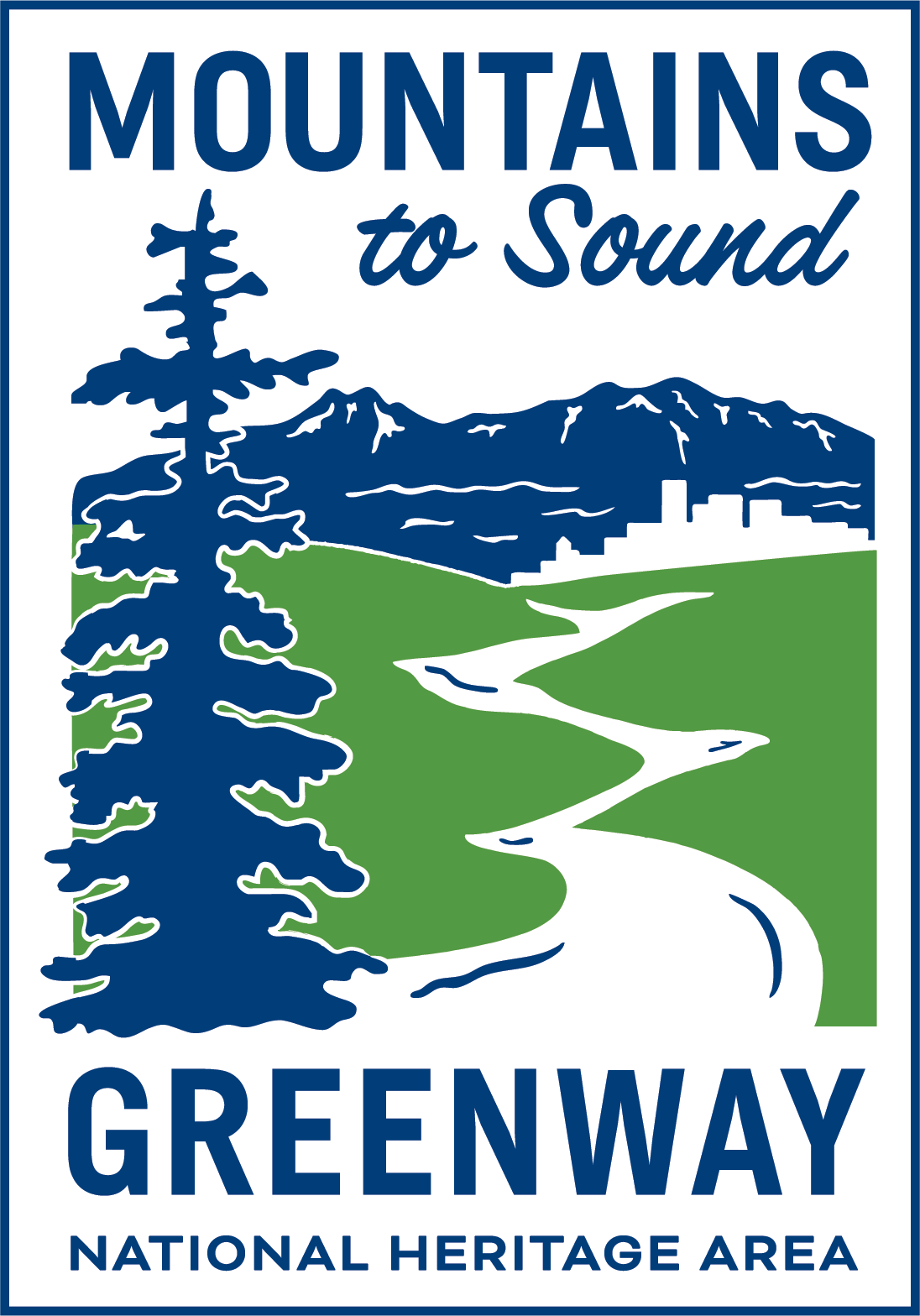Oxbow Farm is a laboratory of environmental innovation
On a crisp winter day with sweeping views of the surrounding mountains – Mt. Baker to the North, Mt. Rainier to the South, and the Cascades peeking through viewsheds to the East – Sarah Cassidy, the Education Director at Oxbow Farm guided us past mounds of row crops. Only the collard greens had weathered this year’s severe cold snap, but the farm was still bustling. A tractor spread mulch nearby as Sarah explained the importance of diversifying crops, balancing soil inputs, letting land lay fallow, and outmaneuvering potentially destructive pests. A farm as well as an educational facility, nursery, and riparian restoration site, Oxbow Farm is a laboratory of environmental innovation. Oxbow Farm in Carnation is not your average organic agricultural operation – they are a nonprofit with a mission to educate people about environmental stewardship and healthy, sustainable food. But the history of the property is not so different than much of the land in the fertile Snoqualmie Valley. Historically dairy cows grazed on the property and drank from the nearby river.
-

Bald Eagle flying over the high-tech roof of the native plant nursery
In 1997 restoration and conservation efforts began with the property owners transitioning away from cattle production, establishing an orchard, and a children’s garden. The eroded bank of the Snoqualmie River was stabilized and water quality improved by planting a buffer of native plants. Today, the re-vegetated area offers numerous ecological benefits, such as filtering runoff from the watershed, reducing the extent of flooding events, and offering a diverse habitat for native flora and fauna. A bald eagle soared overhead as Sarah explained the farm’s efforts to maintain nitrogen neutral fields by the end of the growing season. While nitrogen is an important nutrient that supports plant growth, excess nitrogen often washes into waterways and can be harmful to aquatic systems. Organic farms are a testament to the fact that healthy, fertile soil can be sustained naturally with well-planned crop rotation, the addition of compost, and frequent tilling. While labor-intensive, these practices offer numerous benefits, producing healthier food, farms, and communities. “Organic farmers are not only growers of human food—we are the keepers of wildlife habitat, and must make sure our neighboring insects, birds, coyotes are well fed too. They in turn help us keep the peace within the insect and animal populations on our farm. A harmonious balance between humans and nature is what we aspire to as organic farmers,” Sarah explains.
-

A lovely view of row crops, a hoop house, and Mt. Rainier at Oxbow Farm
Today, Oxbow Farm has twenty-five acres in organic agricultural production. Substantial portions of the property are also dedicated to supporting a high-tech greenhouse for the growth of native plants as well as plant studies by several graduate students. Sarah offers 1.5 hour tours throughout the year. A unique combination of classroom, laboratory, and agricultural proving grounds, Oxbow Farm is a vibrant example of how innovative land management practices can have wide-reaching and long-lasting effects on people and the environment. To schedule a visit or learn more, visit www.oxbow.org.







